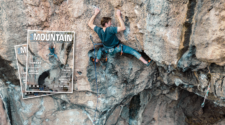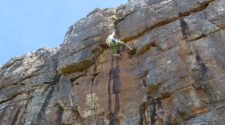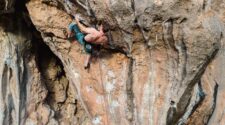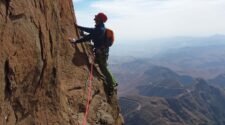by Catherine Kühn
The Cape Leopard Trust (CLT) is an NGO and NPO based in Cape Town. It is an active predator conservation organisation which focuses on the importance of leopard research and environmental education in order to raise awareness and continue the protection of the species. The Trust was started in 2004 by Dr Quinton Martins, who surveyed parts of the Cederberg to establish a baseline study of the leopard populations in this area. Today we have various ongoing projects in different areas in the Cape, including the Boland area and the Cederberg.
In addition to the research projects, the CLT has an environmental education programme, which began in 2009 when Elizabeth Martins took it upon herself to create a Cederberg-based environmental education programme. This enabled youngsters and adults to come together in a beautiful wilderness setting to learn and experience the wonders of nature. The project expanded since then, and we now have a Cape Town-based programme running alongside the work that we do in the Cederberg. The education project hosts between 4000 and 5000 children and adults per year through its activities, including camps in the Cederberg, outings, presentations, eco-clubs and holiday programmes, all subsidised by the Trust.
When it comes to environmental education, we often ask ourselves why it is necessary. One of our goals is to help children reconnect with the natural world by fostering a greater respect and sense of caring for the environment, wildlife and also for each other. Our wish is to see greater citizen participation, inspiring a natural change in behaviour that ultimately leads to meaningful conservation action. The CLT’s focus on environmental education in the wider community builds the necessary bridges between landowners, farm workers and residents living on the urban fringe. This encourages collective responsibility for the respect and protection of their natural surroundings and the biodiversity in their immediate area.
In the education programme, we cover many topics related to conservation. It is important that we not only teach, but that we allow for those very important connections to take place through seeing, hearing and feeling nature, as well as through interactive learning. Nature almost does our job for us. We are able to take people into nature, share knowledge, and the beauty and magic of nature does the rest.
Subscribe to get your hard copy or read online







